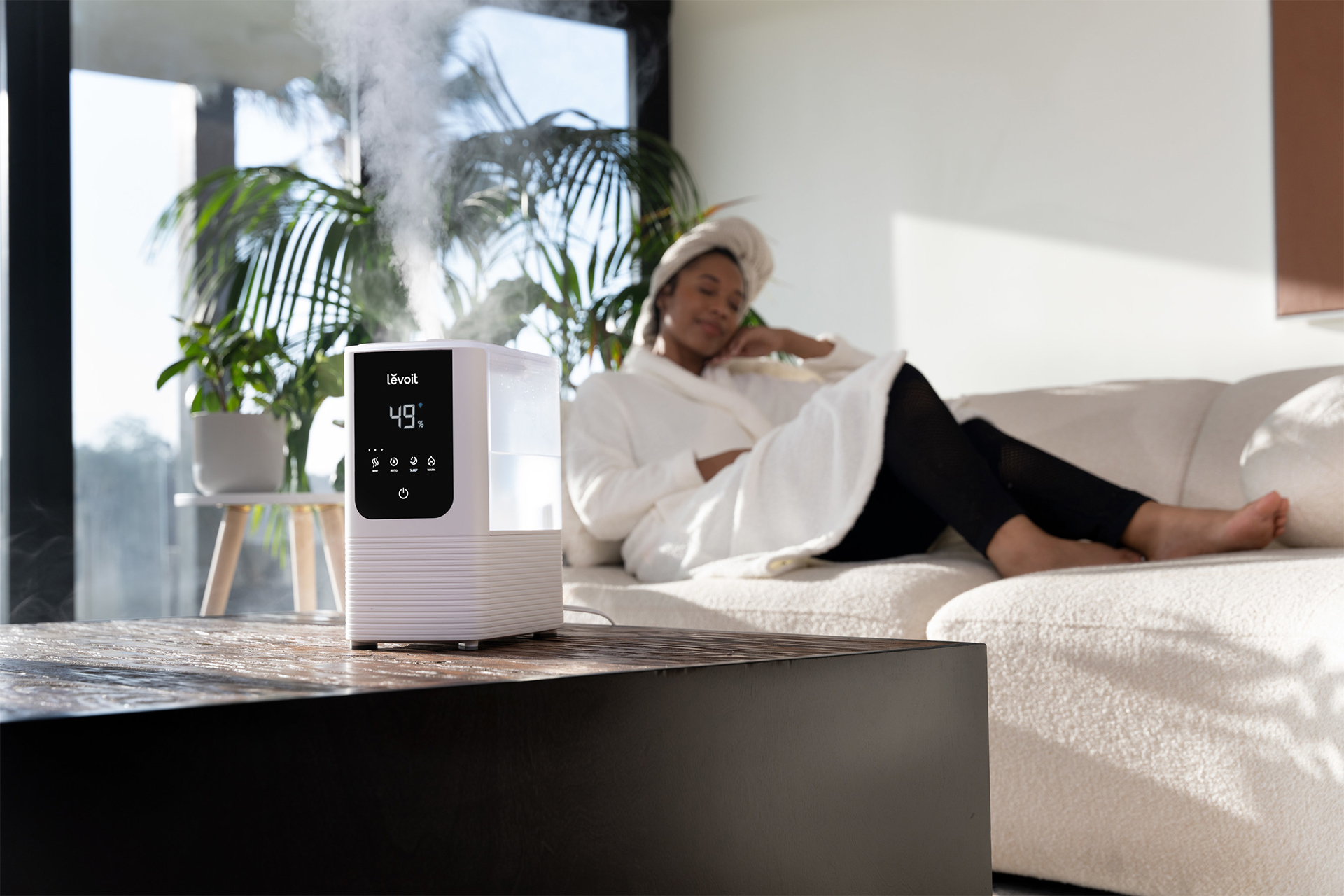According to a Numerator study, 53.4% of consumers plan to make New Year’s resolutions for this year, up 4.9 points from 2024. Of those pledging change, 37% say they’ll reduce spending on non-essentials such as apparel and electronics, 32% say they’ll reduce out-of-home dining and 20% say they’ll reduce spending on essential goods such as groceries.
However, only 12% of study participants said they intend to cut back on what they’ll pay out on experiences such as travel and concerts as part of their New Year’s resolutions.
As they set resolve themselves to the year ahead, Numerator reported:
- 27% of resolution makers plan to set financial goals with money-orietned intentions, twice as popular with Gen Z and Millennials than they were with resolute Gen Xers and Baby Boomers.
- 59% of consumers setting financial goals think inflation and rising prices will impact them in the new year, while 41% are concerned about a possible recession.
- 52% of consumers making financial resolutions want to save more money and 49% want to reduce spending, while 39% want to pay off loans.
- 38% of resolution makers plan to set physical health goals, with the top objective being losing weight at 66%, exercising more frequently at 62%, improving diet/healthy eating habits at 61%, and increasing everyday physical activity at 57%.
- 39% of those making health-related resolutions want to reduce stress, 37% want to improve sleep habits, 26% want to manage existing health conditions better, 22% want to make health check-ups and screenings more regular and 10% want to reduce substance use as with tobacco and alcohol.
- 20% of Americans are making mental health resolutions for 2025, with the top goal being reducing sources of stress in life at 57%, followed by developing a consistent self-care routine at 44%, pursuing activities that bring joy and fulfillment at 43%, setting boundaries to protect mental health, at 42%, and practicing mindfulness or meditation regularly, at 41%.





